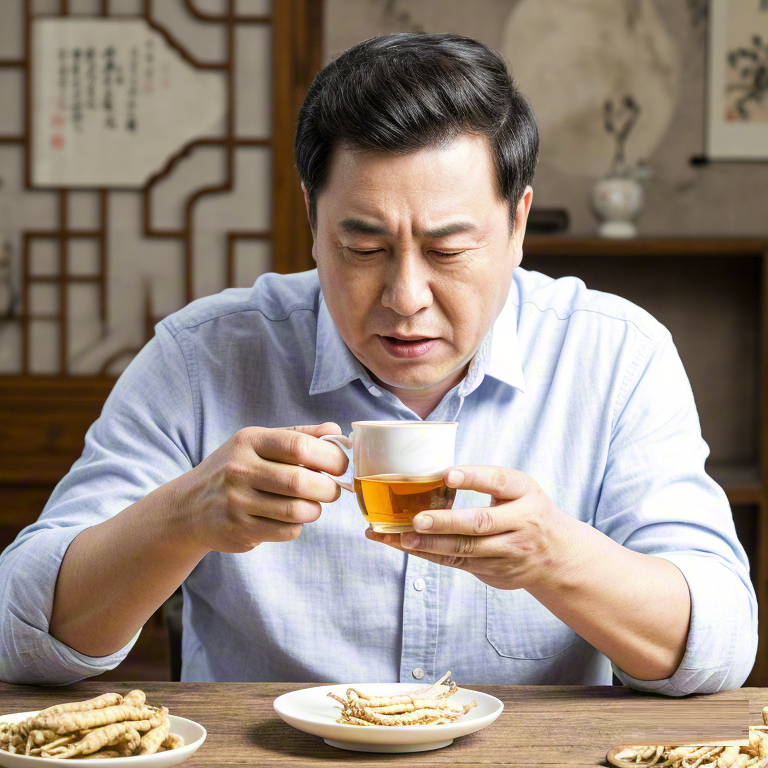What Are the Side Effects of Ginseng Oolong Tea?
In today’s pursuit of health and wellness, ginseng oolong tea is favored by consumers as a tea drink that combines the properties of ginseng and oolong tea. However, as with many natural products, ginseng oolong tea can have some potential side effects. Especially for health-conscious, quality-of-life American consumers, it is important to understand these side effects. This article will detail several of the major side effects of ginseng oolong tea to help you make a more informed choice.
Reduces the effectiveness of the medicine
Certain ingredients in ginseng oolong tea have the ability to break down medications, which may diminish or dissipate their effectiveness. This is especially critical for Americans who are taking medications. American consumers are generally health-conscious and often take various supplements or medications to maintain their physical condition. Therefore, it is recommended that ginseng oolong tea be avoided while taking medication to avoid affecting the efficacy of the medication.

Stomach upset
Ginseng Oolong Tea contains high tannin and caffeine content, these two substances have a certain stimulating effect on the human stomach. Long-term or excessive consumption may lead to excessive secretion of gastric acid, triggering stomach pain, burning sensation in the stomach, and may even lead to gastric ulcers. American consumers are accustomed to enjoying life and emphasizing on the quality of their diet, and an upset stomach will undoubtedly affect the quality of their daily life. Therefore, when drinking ginseng oolong tea, make sure to pay attention to the right amount and avoid drinking on an empty stomach.
Kidney damage
The acidic ingredients in ginseng oolong tea may cause damage to the kidneys, and long-term or excessive consumption may induce kidney disease. American consumers focus on physical health, and are equally concerned about kidney health. Therefore, in order to protect kidney health, it is recommended to consume ginseng oolong tea in moderation and pay regular attention to your health condition.
Risk of low blood potassium
The caffeine content in ginseng oolong tea will hinder the absorption of potassium in the body, and long-term consumption of large quantities may lead to hypokalemia. Low blood potassium may cause a series of health problems, such as muscle weakness, cardiac arrhythmia and so on. For American consumers who pursue a healthy life, this point should not be ignored.
U.S. consumers focus on the quality of the product, and when choosing Ginseng Oolong Tea, they should pay attention to the source of the tea, processing and product certification to ensure that they are purchasing a high-quality product. Given the possible side effects of Ginseng Oolong Tea, it is recommended that U.S. consumers consume the tea in moderation according to their own health conditions to avoid overdose that may cause discomfort. Each person’s physical condition and metabolism are different, and their response to Ginseng Oolong Tea may also vary. Therefore, when consuming ginseng oolong tea, one should pay attention to the individual’s reaction and stop drinking and consult a doctor immediately if there is any discomfort.
Ginseng tea, as a tea drink with a unique flavor, may bring some potential side effects along with the taste and enjoyment. Understanding these side effects and consuming the right amount according to your health condition is the key to enjoying ginseng oolong tea. It is especially important for health-conscious, quality-of-life American consumers to be aware of these potential health risks. We hope this article has provided you with valuable information to help you make a more informed choice.